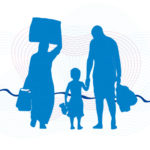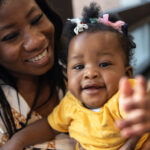Advancing mother-child health globally: Grace Chan MD, MPH, PhD
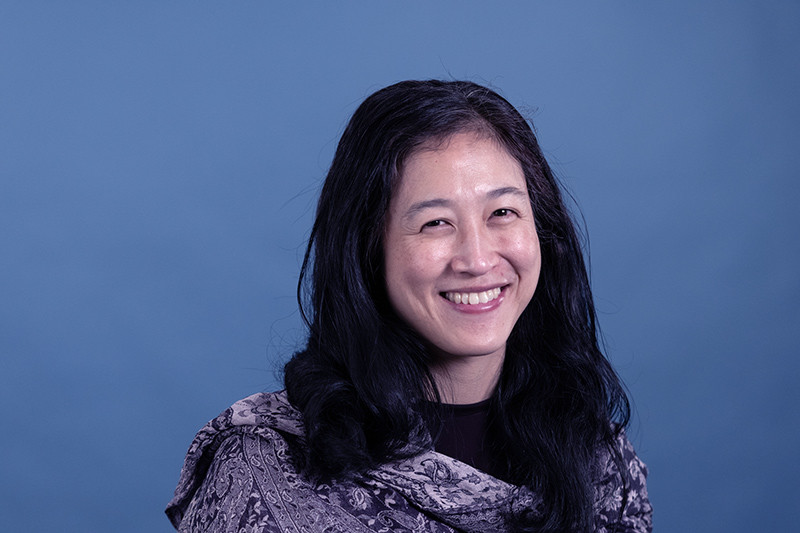
First in an ongoing series profiling researchers at Boston Children’s Hospital.
Globally, five million children die annually before the age of 5. Forty percent of these deaths are in the first month — and many are preventable.
Grace Chan, MD, MPH, PhD, finds these numbers unacceptable. They contrast starkly with U.S. medicine, including at Boston Children’s Hospital, where she works in the Division of Medical Critical Care. For the last 20 years, she has been asking: How can we improve infants’ chance at life when resources are limited?
Building partnerships to improve maternal-child health
The question has taken her around the world, and most recently to Ethiopia, which accounts for a large share of early childhood mortality. Mothers and babies receive little health care support outside the hospital. Many mothers give birth at home, with minimal prenatal and postnatal care. In rural areas, homes often lack electricity and running water.
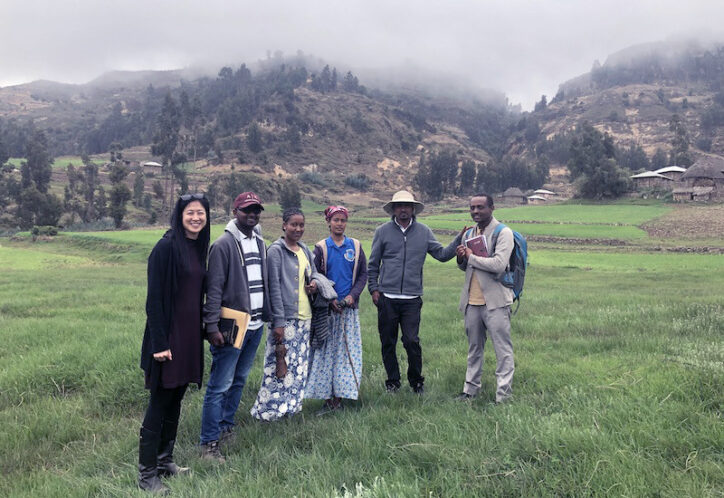
Seeking to improve maternal–child health, Chan partnered with Ethiopia’s Ministry of Health, local leaders, and clinicians at St. Paul’s Hospital Millennium Medical College, Ethiopia’s largest tertiary care hospital. She co-founded HaSET (“happiness” in Amharic), a research program with field sites encompassing 16 villages. Her team visits families’ homes every three months, gathering information and enrolling pregnant women in studies.
“Through partnerships, we grow solutions from the ground up and address concerns raised by the community,” says Chan. “Our work is only possible with great collaborators.”
Chan hopes their research, published in more than 40 articles, will help distribute resources more equitably and lead to sustainable, scalable interventions. Their research has already influenced policies at the Ministry of Health and World Health Organization.
Finding risks, developing interventions
The team set out to understand the risks babies and their mothers face. In low- and middle-income countries, those risks are high. Chan’s team found high rates of preterm birth, low birth weight, stillbirth, or death during the newborn period, as well as substantial rates of sepsis, a life-threatening bloodstream infection.
The team then looks for risk factors and possible ways to address them. For example, they found that encouraging effective “kangaroo mother care” — early breastfeeding and skin-to-skin contact between mother and baby — increases survival in low-birth-weight infants. Chan has since led successful efforts to scale up kangaroo mother care, taking into account the local context.
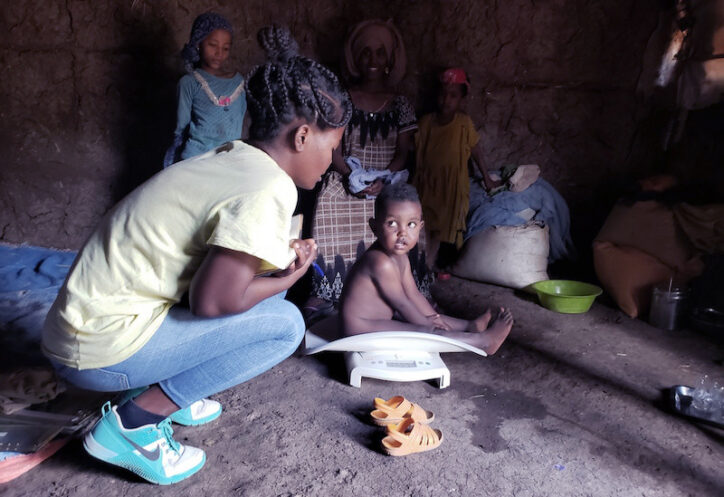
That meant understanding the barriers mothers face. “It’s hard to do skin-to-skin when moms are out doing field work,” explains Chan. “There is also stigma around low-birth-weight babies. Mothers may be reluctant to show the baby to others, and fathers need to be on board.”
Maternal-child health: Lessons across cultures
At Boston Children’s, Chan cares for children with severe, acute illness in the Intermediate Care Program. She takes some lessons back to Ethiopia, like protocols for tracking drug-resistant infections and choosing antibiotics based on the data.
“Antimicrobial resistance is a growing global crisis further exacerbated by climate change,” Chan says. “In newborns with sepsis at St. Paul’s Hospital and hospitals in other low- and middle-income countries, we found 90 percent rates of resistance to first-line antibiotics.”
Ethiopia also has much to teach about efficiency, resiliency, and functioning with limited resources. This knowledge helped ground Chan during the “tripledemic” of COVID-19, influenza, and RSV, when Boston Children’s was inundated with critically ill children. There are also valuable lessons about empowering families to help with care when hospital staff are overwhelmed.
“No matter where you are, a mom will do anything they can for their child,” Chan says. “That love is the same everywhere.”
Related Posts :
-

Lead exposure remains a problem for some children
Lead poisoning has been with us since the beginning of the Industrial Revolution. But it wasn’t until the late 1970...
-

Providing culturally responsive care to refugee and immigrant families
Refugee and immigrant parents and children have unique care needs. They have left their former lives behind, often due to ...
-

One family, two very different clubfoot experiences
Theresah Boateng and her daughter Eno Agyapomaa Agyemang both have strong wills and outgoing personalities. Both were born with a ...
-

Small samples, big data: A systems-biology look at a newborn's first week of life
The first week of a baby’s life is a time of rapid biological change. The newborn must adapt to ...



